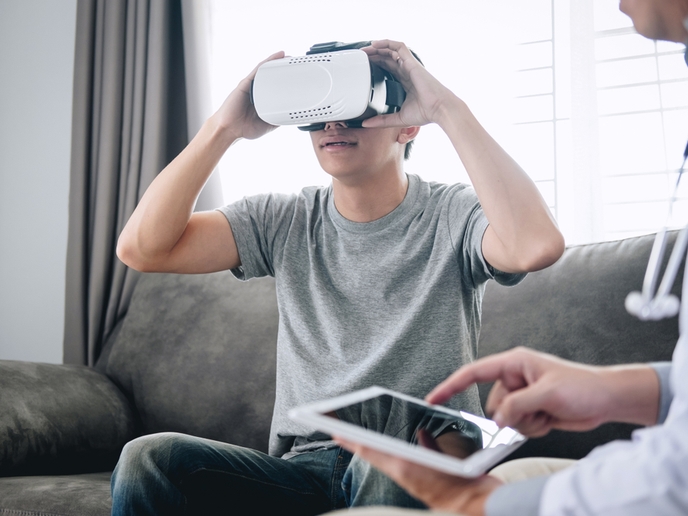Technological enablers for the self-management of chronic pain
Chronic pain is the embodiment of healthcare systems hitting a ceiling. The heterogeneity of symptoms and causes from one patient to another calls for optimised therapies for each individual. But how can this be achieved in light of limited resources in healthcare systems? Even though the technologies exist to provide better, more personalised treatment, there is still a wide gap between research and commercialisation. “RELIEF (Recovering Life Wellbeing through Pain Self-management Techniques Involving ICTs) tries to foster and accelerate the access to market for innovative solutions, while respecting the public procurement directives,” explains Patricia Martinez, Innovation Procurement Consultant at Jaggaer and coordinator of the RELIEF project. RELIEF uses pre-commercial procurement (PCP) to allow extensive development and testing of the most promising solutions aiming to empower patients to self-manage current and future pain.
Unmasking unmet requirements
The project specifically focuses on needs and requirements yet to be met. By means of expert meetings, workshops, open market consultations, questionnaires and interviews with both patients and health providers, the project consortium has identified nine such needs. These consist of collecting data prior to clinical visits, follow-up on treatment effects, feedback to the patient, decision-making tools for self-management, information and education, better communication between patients and specialists, access to social networks, clinically validated information, and data for research purposes. “We are in Phase 3 of the PCP, which consists in field testing,” says Martinez. “The primary objective is to evaluate how specific ICT solutions improve patients’ empowerment and self-management in managing their pain condition. From thereon, we will evaluate whether these solutions increase adherence to treatment and bring satisfaction to both patients and healthcare professionals.”
A focus on two technologies
Phase 3 focuses on two specific technologies, the first one being VR-RELIEF. Its specificity? The fact that it can be integrated with a virtual reality (VR) system to improve patients’ self-management, empowerment and engagement. The system revolves around a set of apps compatible with smartphones and smart watches: a virtual coach, a ‘patient profiler’, personalised reminder and feedback, and a library of VR applications for pain treatment, relaxation and rehabilitation. VR-RELIEF is powered by an interoperable and open cloud-based platform where clinicians can access patient data. The second technology is EPIONE™: a patient-centred treatment experience with a coaching system at its core. EPIONE™ features unobtrusive monitoring of treatment effects, a visual analytics platform, a chatbot-enabled assistant for patients, an online peer support community portal, and an intelligent videoconferencing system to enable discussions between experts and patients.
More tests to ensure field-testing readiness
RELIEF was scheduled for completion in February 2020 but the team has requested an extension to complete all its objectives. “It was necessary to implement more tests than we had planned to check that all prototypes were prepared for field testing with end users. In addition, recruitment is moving more slowly than expected,” Martinez explains. Should the extension be approved, the project will finish at the end of June 2020. Despite these delays, RELIEF is on track to help improve self-management of chronic pain, and Martinez hopes the project will also contribute to informing the broader public of the problems faced by chronic pain patients.
Keywords
RELIEF, chronic pain, technology, PCP, procurement, personalised treatment, VR-RELIEF, EPIONE, VR, cloud



